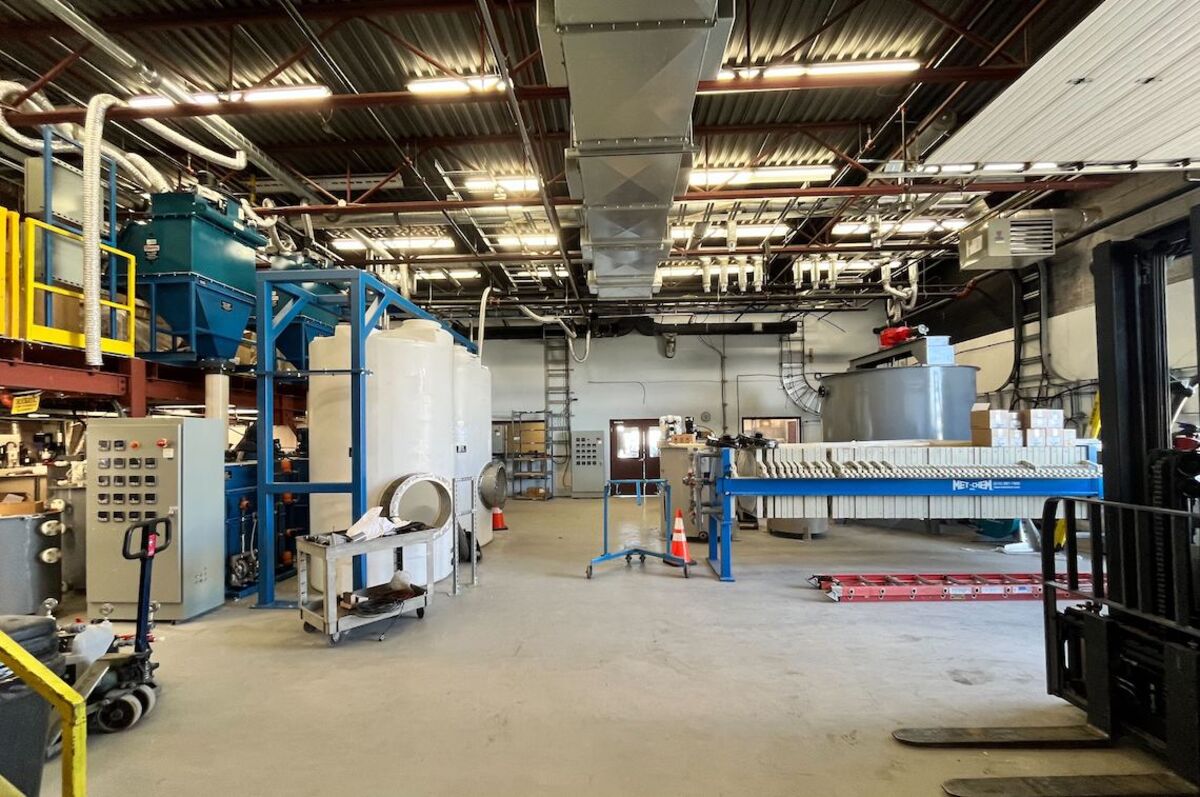Summary:
Your prompts and context are your new intellectual property—not just the code.
Design products for AI agents to stay visible in the new agent economy.
AI-native engineers are orchestrators, not coders, managing systems of agents.
Tiny teams can now achieve what once required large organizations thanks to AI.
The business-to-agent economy is emerging, with AI agents autonomously finding and paying for services.
Speed is the only sustainable moat in the fast-paced AI-driven development cycle.
Generative media is a business tool, revolutionizing marketing and e-commerce.
Turn mistakes into evals to build a data flywheel that compounds your advantage.
Deploy hundreds of AI agents to explore multiple solutions simultaneously.
Upgrade your toolkit with agentic software development tools to stay competitive.
Stay connected to high-quality sources and communities to navigate the AI hype.
The AI revolution is here, and it's transforming the startup landscape at an unprecedented pace. At the recent AI Engineer World's Fair in San Francisco, attended by 3,000 founders and engineers, the message was clear: the traditional startup playbook is being rewritten in real-time. Here's what you need to know to navigate this new era.
1. Your Business is Your Prompts
The intellectual property of the future isn't just your code—it's the prompts and context you provide to LLMs. This shift means your core business logic, when clearly specified, becomes a defensible asset.
2. Design for AI Agents
Products that AI agents can use seamlessly will dominate. This means prioritizing simple APIs and clear documentation to ensure visibility in the emerging agent economy.
3. The Rise of the AI Orchestrator
AI-native engineers are evolving into orchestrators, designing systems of agents rather than writing manual code. This allows for more complex products with smaller teams.
4. Smaller Teams, Bigger Impact
AI enables tiny teams to achieve what once required large organizations. Expect to see one person managing entire departments through agentic workflows.
5. The Business-to-Agent Economy
With protocols like Model Context Protocol (MCP), AI agents will soon autonomously find and pay for services, creating a new market of automated buyers.
6. Speed is Your Moat
In a world where AI accelerates development cycles, the ability to rapidly adapt to customer needs becomes your core competitive advantage.
7. Generative Media as a Business Tool
AI-generated images and videos are revolutionizing marketing and e-commerce, offering tools like personalized video ads and virtual try-ons.
8. Learn from Your Mistakes
Customer complaints and AI failures are invaluable data. Automate systems to learn from these, embedding industry-specific IP into your LLMs for a compounding advantage.
9. Deploy an Army of AI Problem-Solvers
The future lies in running hundreds of AI agents in parallel to explore multiple solutions simultaneously, turning statistical variance into a creative advantage.
10. Upgrade Your Engineering Toolkit
Agentic software development tools like Claude Code and Cursor are becoming foundational. Not using them is like building a skyscraper with hand tools while others use cranes.
11. Stay Informed and Connected
With the pace of AI change, plugging into high-quality educational sources and tight-knit communities is crucial to focus on what truly matters.









Comments